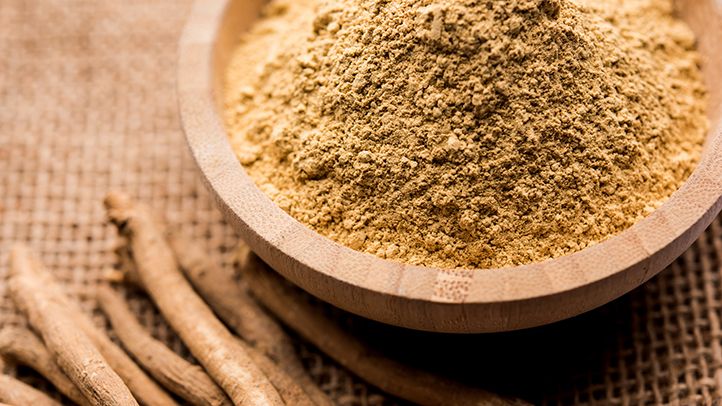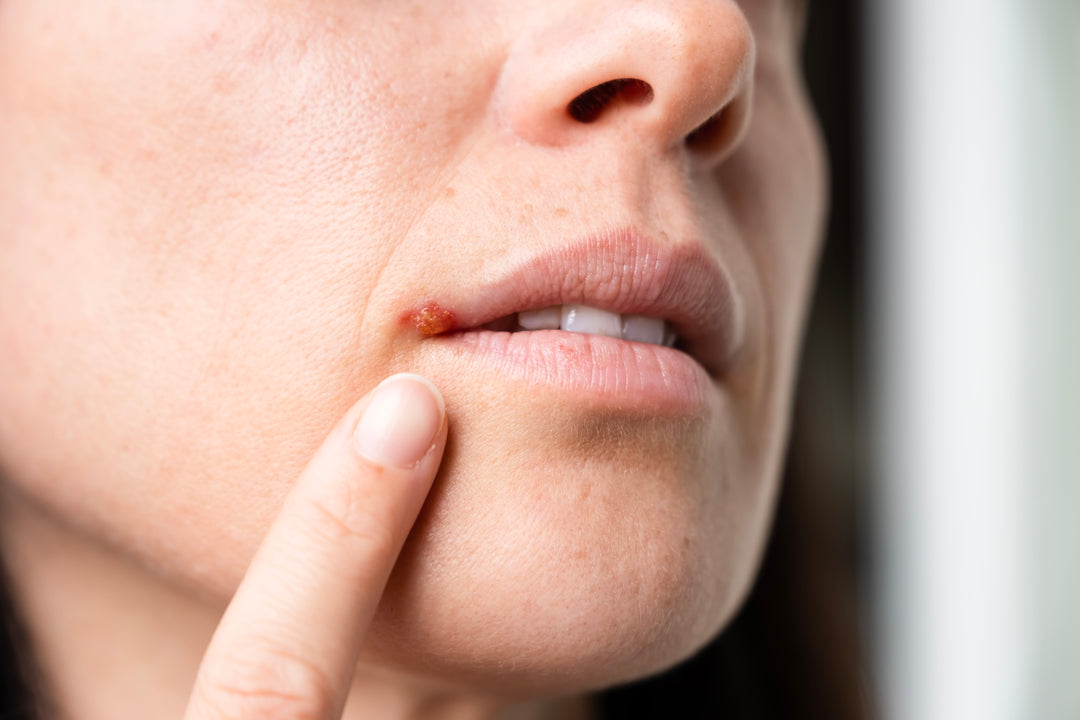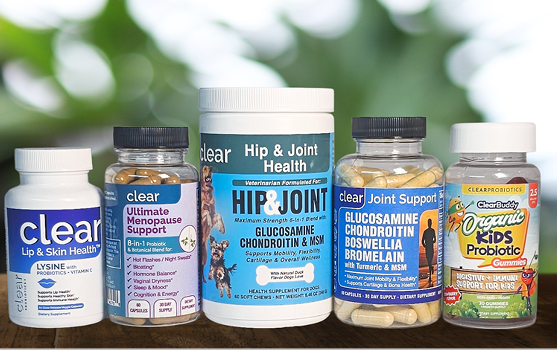How to Reduce Stress, Supplements for Today's Lifestyle
If you're like most people, you probably feel stressed out from time to time. Whether it's due to work, family, or other life obligations, stress can take a toll on your mental and physical health. Maybe it's time you considered a supplement that helps reduce stress.
Taking supplements has been shown to be effective in reducing stress levels. Some of the best supplements for reducing stress include Omega-3 fatty acids, magnesium, probiotics, ashwagandha, and Rhodiola Rosea. Each of these substances has unique properties that can help ease anxiety and promote relaxation.
Let's dive into these stress-reducing supplements and find out if they can help you battle your everyday stressors.
Table of Contents
Identify the Source of Your Stress
We all experience stress from time to time. It's a normal reaction to the demands of life. But when stress becomes overwhelming, it can take a toll on your health.
There are many things that can cause stress, and it's different for everyone. It may be caused by a major life event, such as a death in the family, a divorce, or a job loss. Or it may be the result of daily hassles, such as traffic jams, financial worries, or family conflict.
The key to managing stress is to identify the source of your stress and find healthy ways to cope with it.
One way to fight stress is to take stress-relieving supplements. Here are some of the most popular supplements for battling stress.
- Ashwagandha: An herb that has been used in Ayurvedic medicine for centuries, ashwagandha is known for its ability to help the body cope with stress.
- B vitamins: B vitamins are essential for many functions in the body, including the nervous system. They can help to reduce stress and promote relaxation.
- Magnesium: A mineral that is involved in hundreds of biochemical reactions in the body, magnesium is known for its ability to reduce stress and promote relaxation.
If you're looking for ways to reduce stress, these supplements may be worth considering.
However, it's always best to speak with a healthcare professional before taking any supplements, as they may interact with any medications you're taking or have other side effects.
What Type of Supplement is Best for You?
If you're considering taking a dietary supplement, it's important to think about what might be best for you. There are many different types of supplements on the market, and not all of them are created equal.
Here are a few things to keep in mind when choosing a health supplement.
1. What are your goals?
Do you want to improve your overall health?
Are you looking for a specific benefit, such as more energy or better digestion?
There are supplements that can help with all of these things, but it's important to know what you're hoping to achieve before you start taking anything.
2. What's your budget?
Supplements can range in price from a few dollars to hundreds of dollars. It's important to find something that fits your budget and that you're comfortable taking on a daily basis.
3. What are your dietary needs?
Do you have any dietary restrictions?
If you're vegetarian or vegan, for example, you'll need to make sure that any supplements you take are compatible with your diet.
4. What are the potential side effects?
As with any medication or supplement, there is always the potential for side effects. Be sure to research any potential side effects of any supplements you're considering before you start taking them.
5. Talk to your doctor
Before you start taking any supplements, it's always a good idea to talk to your doctor. They can give you their professional opinion on whether or not a particular supplement is right for you.
Benefits of Stress-Relieving Supplements
Looking for ways to reduce stress and promote relaxation?
Consider adding some of these supplements to your routine.
1. Magnesium
Magnesium is a mineral that's involved in over 300 biochemical reactions in the body. It's been shown to help with anxiety, stress, blood pressure, brain function, and blood sugar.
2. Ashwagandha
Ashwagandha is an herb that's been used in Ayurvedic medicine for centuries. It's been shown to help reduce stress, anxiety, cholesterol levels, and inflammation.
3. Rhodiola Rosea
Rhodiola Rosea is an herb that grows in cold, mountainous regions. It's been used traditionally to help with depression, fatigue, memory loss, and stress.
4. Lemon Balm
Lemon balm is a member of the mint family. It's been shown to help with headaches, bloating, vomiting, heartburn, and anxiety.
5. Holy Basil
Holy basil is an herb that's been shown to help with heart health, relieve stress, and ease inflammation.

(Source)
6. Kava Kava
Kava kava is a tropical herb that's traditionally been used to help with anxiety, ADHD symptoms, and pain relief.
7. Passionflower
Passionflower is a vine that's native to the Americas. It's been used traditionally to improve sleep and reduce inflammation.
8. Valerian Root
Valerian is a perennial herb that's native to Europe and Asia. It's been used traditionally to help with anxiety and insomnia.
9. Probiotics
Probiotics are live bacteria that are beneficial for gut health. They've been shown to help with immune function, skin health, mental health, allergies, and weight loss.
10. Omega-3 Fatty Acids
Omega-3 fatty acids are a type of fat that's essential for health. They've been shown to help with anxiety, heart health, mood, memory, immunity, and skin health.
Speak With a Healthcare Professional About Taking Supplements
If you're feeling stressed, you're not alone. In fact, according to the American Psychological Association, stress is at an all-time high in the United States.
And while there are a number of things you can do to manage stress, sometimes you need a little extra help.
That's where supplements come in.
There are a number of supplements that have been shown to help reduce stress.
For example, Omega-3 fatty acids are known for their anti-inflammatory properties and have been shown to help reduce stress and anxiety.
Probiotics are also a great option for reducing stress as they help to balance the gut microbiome, which can be a major contributor to stress levels.
If you're considering taking supplements to reduce stress, it's important to speak with a healthcare professional first.
They can help you determine which supplements are right for you and make sure that you're taking them safely.
Incorporate Other Healthy Lifestyle Changes Along With Taking Supplements
If you're looking for ways to reduce stress, you might be considering taking supplements. While supplements can be helpful, it's also important to incorporate other healthy lifestyle changes.
Here are some things you can do to reduce stress and feel your best.
- Get regular exercise
- Eat a healthy diet
- Get enough sleep
- Reduce your exposure to stressors
- Take breaks throughout the day
- Connect with loved ones
- Try relaxation techniques
- Seek professional help
Conclusion
While they may not work for everyone, stress-relieving supplements could help you find the relief you need.
Be sure to speak with a healthcare professional before taking any new supplement, especially if you have existing health conditions.
In addition to supplements, other healthy lifestyle changes like regular exercise and getting enough sleep can also help reduce stress levels.








